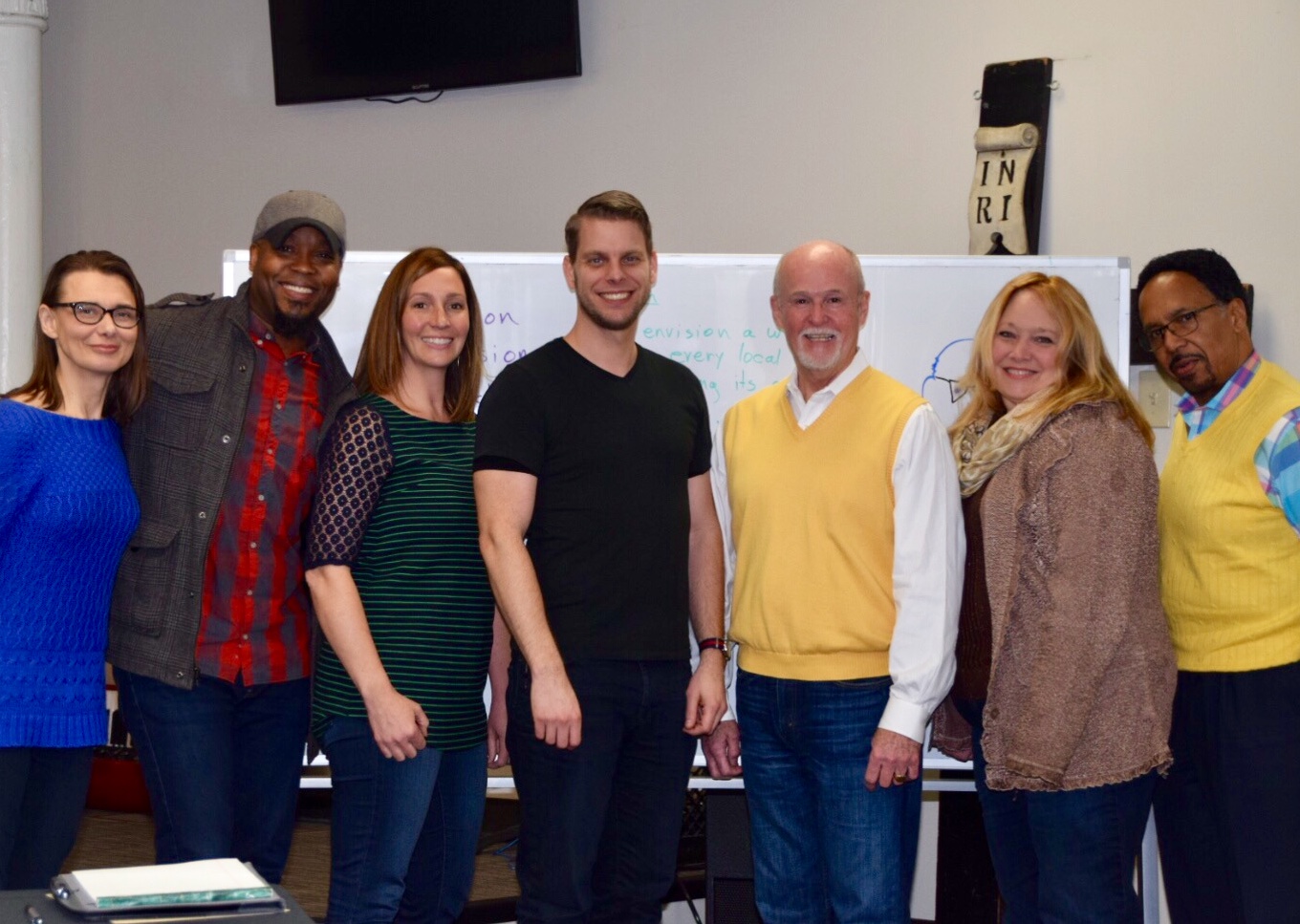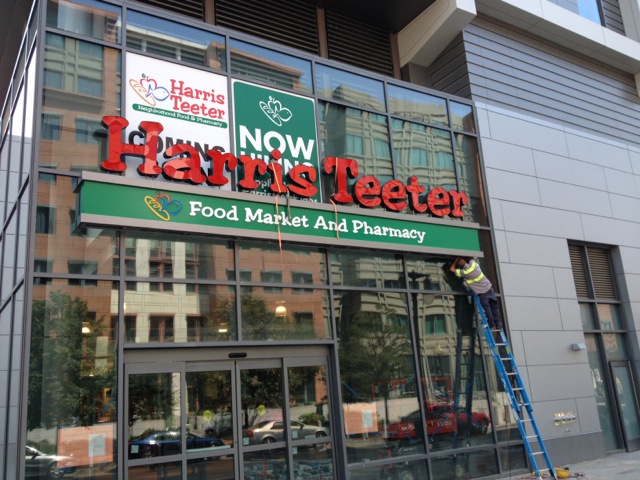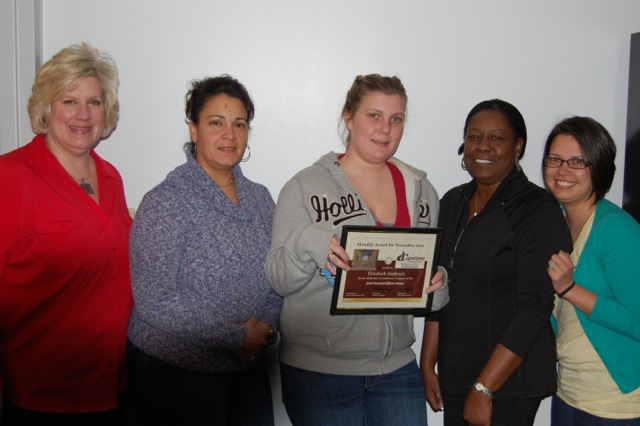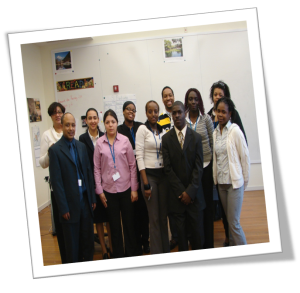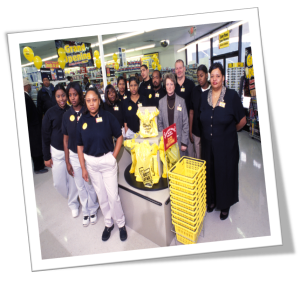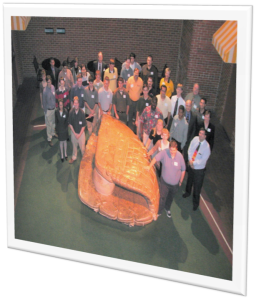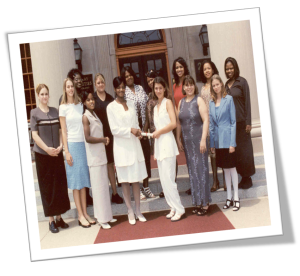Case Studies
222
Brookfield Properties
(formerly Forest City Washington)

Demand-Side Results
Brookfield Properties (formerly Forest City Washington) requested Unique Staffing’s workforce intermediary support in staffing the upscale Thompson Hotel and the Maialino Mare in Washington, D.C. The hotel is located in the same development (The Yards) that Unique supported in staffing the Harris Teeter Store in 2014. Brookfield wanted to show residents of the District of Columbia that the redevelopment projects would “build a bridge” to not only bring employment opportunities, but also opportunities for small or disadvantaged local businesses.
The Thompson Hotel reported that 16 of 49 hires were District residents. That represents 31% of the total hired at the hotel. The Maialino Mare restaurant in the Thompson Hotel indicated that 105 of 221 hired were District residents. That represented 47%. Averaging the two together resulted in 44%. The restaurant reported an average income of $23.02 per hour which when annualized represents $45,119 in income. Totaling all salaries yielded $4,737,516 in annualized income. Unique projects that District government will received approximately $236,875 in income tax revenue.
| 1st Year | 2nd Year | 3rd Year | Total | ROI | |
| Employer Savings | $108,000 | $163,000 | $171,000 | $442,000 | 125% |
| Employer Investment (donations) | $60,000 | $51,900 | $84,750 | $196,650 |
